Section B
Directions:In this section, you are going to read a passage with ten
statements attached to it.
Each statement contains information given in one of the paragraphs.
Identify the
paragraph from which the information is derived. You may choose a
paragraph
more than once. Each paragraph is marked with a letter. Answer the
questions by
marking the corresponding letter onAnswer Sheet 2.
Who’s Really Addicting You to Technology?
A. “Nearly everyone I know is addicted in some measure to the Internet,”
wrote Tony Schwartz in The New York Times. It’s a common complaint these days. A
steady stream of similar headlines accuse the Net and its offspring apps, social
media sites and online games of addicting us to distrACTion.
B. There’s little doubt that nearly everyone who comes in contACT with the
Net has difficulty disconnecting. Many of us, like Schwartz, struggle to stay
focused on tasks that require more concentration than it takes to post a status
update. As one person ironically put it in the comments section of Schwartz’s
online article, “As I was reading this very excellent article, I stopped at
least half a dozen times to check my email.”
C. There’s something different about this technology: it is both invasive
and persuasive. But who’s at fault for its overuse? To find solutions, it’s
important to understand what we’re dealing with. There are four parties
conspiring to keep you connected: the tech, the boss, your friends, and you.
D. The technologies themselves, and their makers, are the easiest suspects
to blame for our diminishing attention spans. Nicholas Carr, author of The
Shallows: What the Internet Is Doing to Our Brains,wrote, “The net is designed
to be an interruption system, a machine geared to dividing attention.”
E. Online services like Facebook, Twitterand the like, are called out as
masters of manipulation — making products so good that people can’t stop using
them. After studying these products for several years, I wrote a book about how
they do it. I learned it all starts with the business model.Since these services
rely on advertising revenue, the more frequently you use them, the more money
they make.It’s no wonder these companies employ teams of people focused on
engineering their services to be as engaging as possible. These products aren’t
habit-forming by chance; it’s by design. They have an incentive to keep us
hooked.
F. However, as good as these services are, there are simple steps we can
take to keep them at bay. For example, we can change how often we receive the
distrACTing notifications that trigger our urge to check.According to Adam
Marchick, CEO of mobile marketing company Kahuna, less than 15 percent of
smartphone users ever bother to adjust their notification settings — meaning the
remaining 85 percent of us default to the app makers’ every preset trigger.
Google and Applehave made it far too difficult to adjust these settings so it’s
up to us to take steps to ensure we set these triggers to suit our own needs,
not the needs of the app makers’.
G. While companies like Facebook harvest attention to generate revenue from
advertisers, other technologies have no such agenda. Take email, for example.
This system couldn’t care less how often you use it. Yet to many, email is the
most habit-forming medium of all. We check email at all hours of the day—we’re
obsessed. But why?Because that’s what the boss wants. For almost all
white-collar jobs, email is the primary tool of corporate communication. A slow
response to a message could hurt not only your reputation but also your
livelihood.
H. Your friends are also responsible for the addiction. Think about this
familiar scene. People gathered around a table, enjoying food and each other’s
company. There’s laughter and a bit of kidding. Then, during an interval in the
converSATion, someone takes out their phone to check who knows what. Barely
anyone notices and no one says a thing.
I. Now, imagine the same dinner, but instead of checking their phone, the
person belches(打嗝) — loudly. Everyone notices. Unless the meal takes place in a
beer house, this is considered bad manners. The impolite ACT violates the basic
rules of etiquette. One has to wonder: why don’t we apply the same social norms
to checking phones during meals, meetings and converSATions as we do to other
antisocial behaviors? Somehow, we accept it and say nothing when someone
offends.
J. The reality is, taking one’s phone out at the wrong time is worse than
belching because, unlike other minor offense, checking tech is contagious. Once
one person looks at their phone, other people feel compelled to do the same,
starting achain reACTion. The more people are on their phones, the fewer people
are talking until finally you’re the only one left not reading email or checking
Twitter.From a societal perspective, phone checking is less like belching in
public and more like another bad habit. Our phones are like cigarettes —
something to do when we’re anxious, bored or when our fingers need something to
toy with. Seeing others enjoy a smoke, or sneak a quick glance, is too tempting
to resist and soon everyone is doing it.
K. The technology, your boss, and your friends, all influence how often you
find yourself using (or overusing) these gadgets. But there’s still someone who
deserves scrutiny – the person holding the phone.
L. I have a confession. Even though I study habit-forming technology for a
living, disconnecting is not easy for me. I’m online far more than I’d like.
Like Schwartz and so many others, I often find myself distrACTed and off task. I
wanted to know why so I began self-monitoring to try to understand my behavior.
That’s when I discovered an uncomfortable truth. I use technology as an escape.
When I’m doing something I’d rather not do, or when I’m someplace I’d rather not
be, I use my phone to port myself elsewhere. I found that this ability to
instantly shift my attention was often a good thing, like when passing time on
public transportation. But frequently my tech use was not so benign.When I faced
difficult work, like thinking through an article idea or editing the same draft
for the hundredth time, for example, a more sinister screen would draw me in. I
could easily escape discomfort, temporarily, by answering email or browsing the
web under the pretense of so-called “research.” Though I desperately wanted to
lay blame elsewhere, I finally had to admit that my bad habits had less to do
with new-age technology and more to do with old-fashioned
procrastination(拖延).
M. It’s easy to blame technology for being so distrACTing, but distrACTion
is nothing new. Aristotle and Socrates debated the nature of “akrasia” — our
tendency to do things against our interests. If we’re honest with ourselves,
tech is just another way to occupy our time and minds. If we weren’t on our
devices, we’d likely do something similarly unproductive.
N. Personal technology is indeed more engaging than ever, and there’s no
doubt companies are engineering their products and services to be more
compelling and attrACTive. But would we want it any other way? The intended
result of making something better is that people use it more. That’s not
necessarily a problem, that’s proGREss.
O. These improvements don’t mean we shouldn’t attempt to control our use of
technology. In order to make sure it doesn’t control us, we should come to terms
with the fACT that it’s more than the technology itself that’s responsible for
our habits. Our workplace culture, social norms and individual behaviors all
play a part. To put technology in its place, we must be conscious not only of
how technology is changing, but also of how it is changing us.
36. Online services are so designed that the more they are used, the more
profit they generate.
36.E
37. The author admits using technology as an escape from the task at
hand.
37.L
38. Checking phones at dinners is now accepted as normal but not
belching.
38.I
39. To make proper use of technology, we should not only increase our
awareness of how it is changing but also how it is impACTing us.
39.O
40. Most of us find it hard to focus on our immediate tasks because of
Internet distrACTions.
40. B
41. When one person starts checking their phone, the others will follow
suit.
41.J
42. The GREat majority of smartphone users don’t take the trouble to adjust
their settings to suit their own purposes.
42.F
43. The Internet is regarded by some as designed to distrACT our
attention.
43.D
44. The author attributes his tech addiction chiefly to his habit of
putting off doing what he should do right away.
44.M
45. White-collar workers check email round the clock because it is required
by their employers.
45.G
Section C
Directions:There are 2 passages in this section. Each passage is followed
by some questions or unfinished statements. For each of them there are four
choices marked A), B), C) and D). You should decide on he the best choice and
mark the corresponding letter on Answer Sheet 2 with a single line through the
centre.
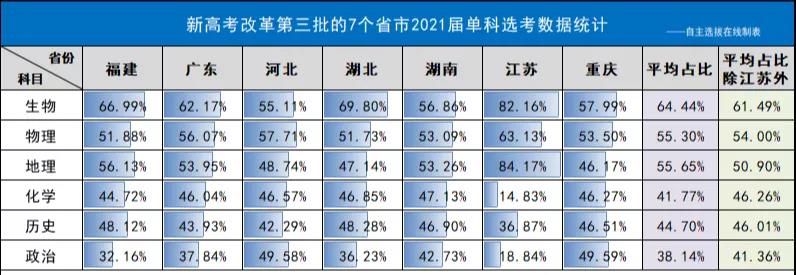
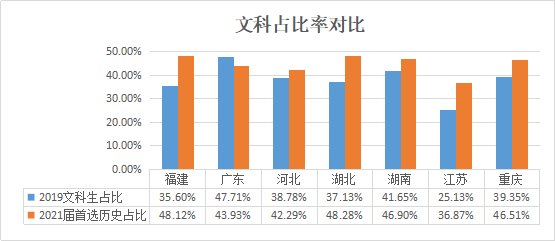
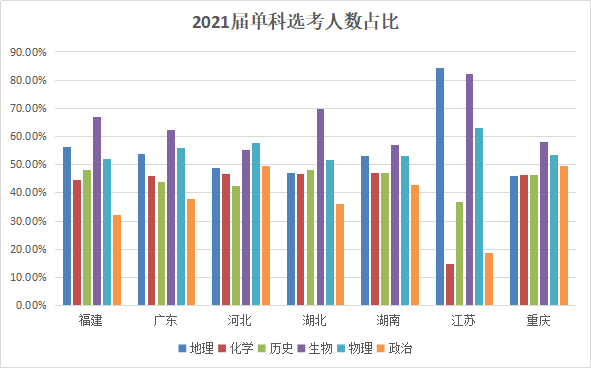










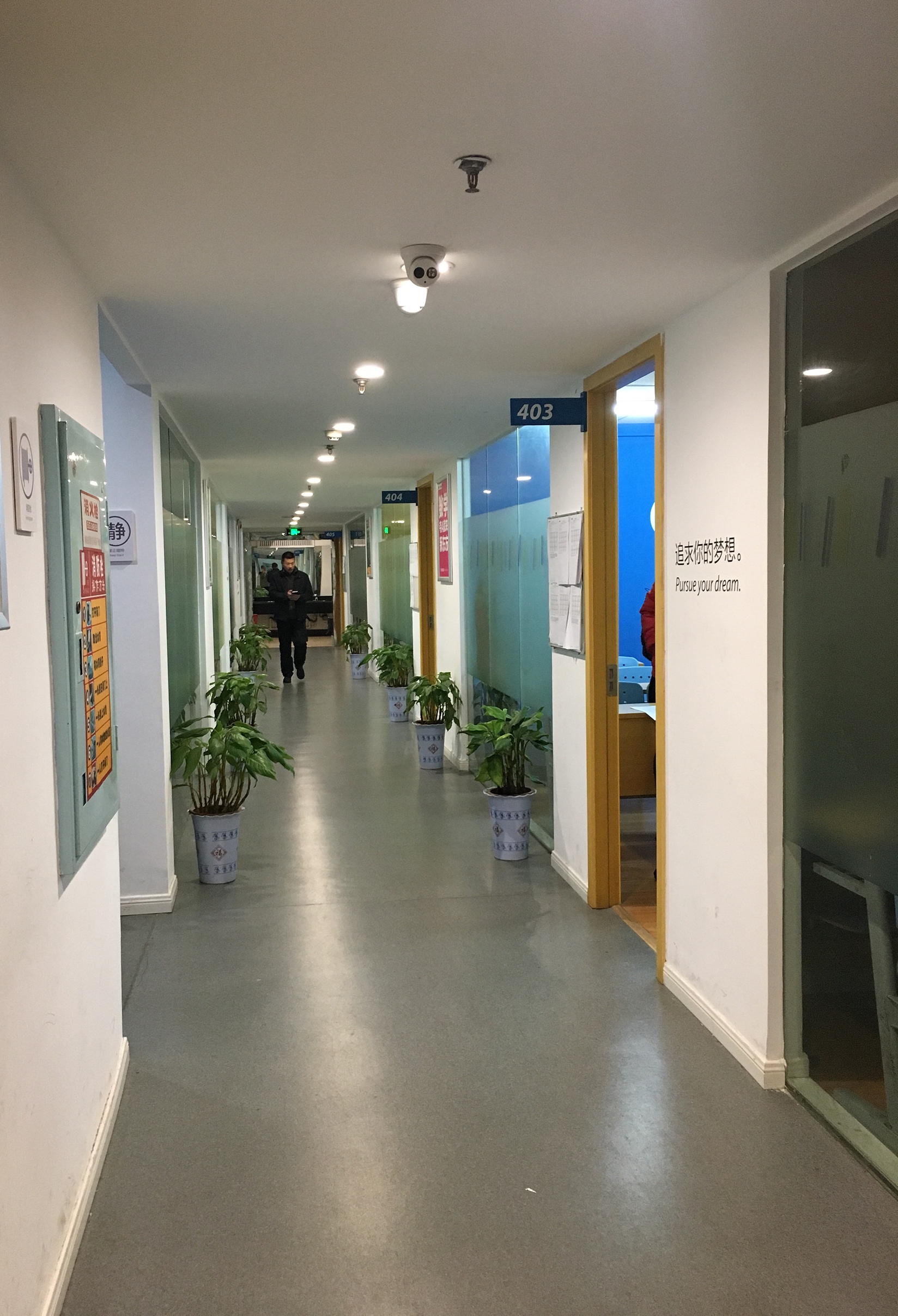

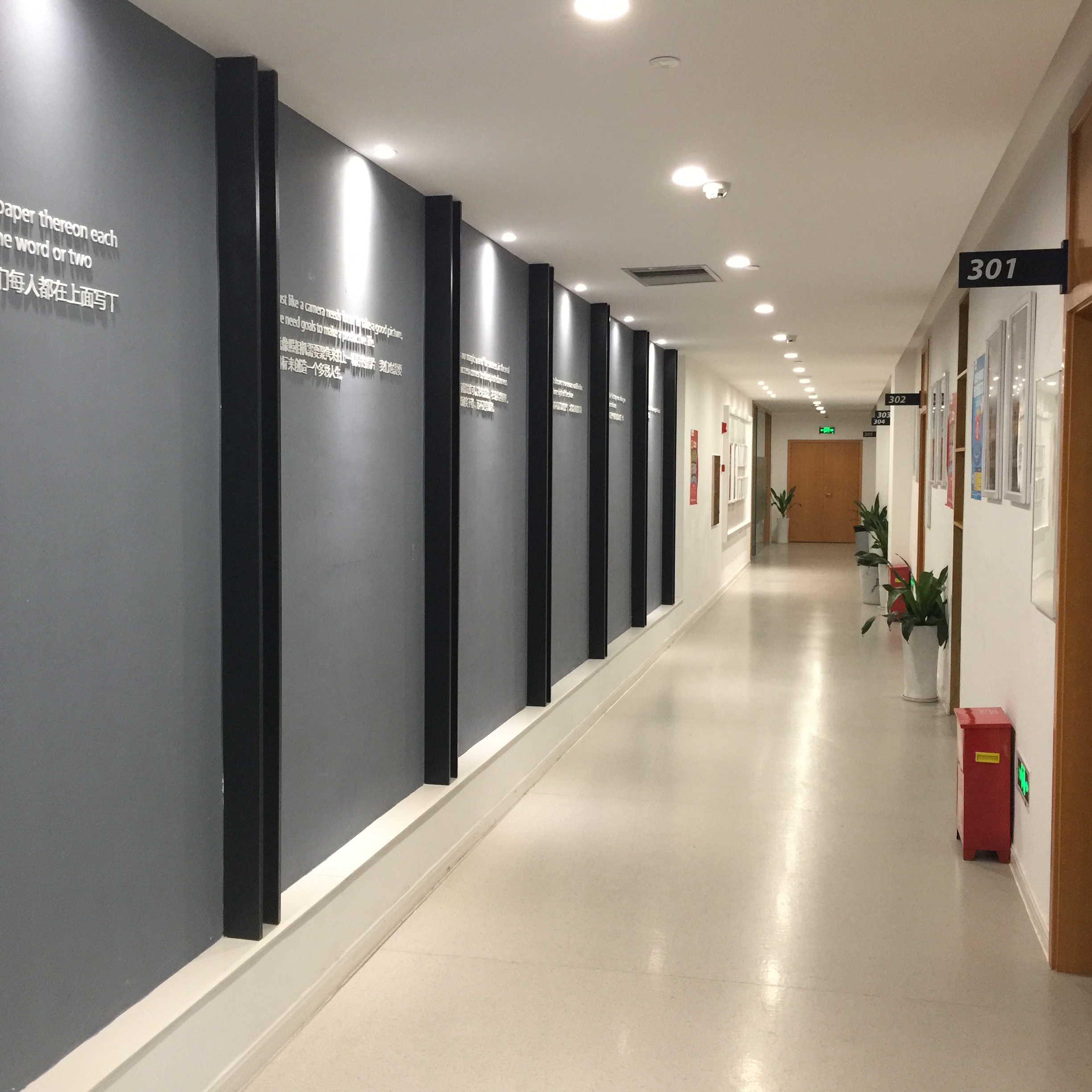





 京公网安备11010802021790号
京公网安备11010802021790号









 学习资料
学习资料
